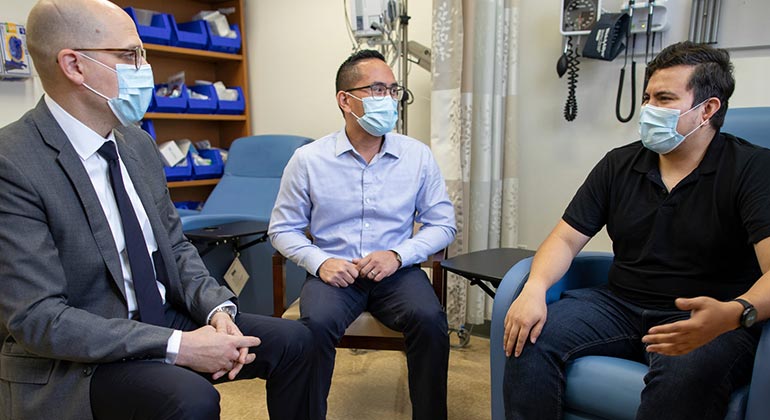How Virtual Reality is Revolutionizing Depression Treatment
Virtual Reality VR is making significant strides in various fields, and its impact on mental health treatment is particularly groundbreaking. The integration of VR into depression therapy is revolutionizing the way mental health professionals approach this complex and challenging condition. Traditionally, depression treatment has involved psychotherapy, medication, or a combination of both. However, these methods, while effective for many, do not work for everyone and can sometimes be limited by access, stigma, or the subjective nature of symptoms. This is where VR is starting to play a transformative role. One of the key ways VR is enhancing depression treatment is through immersive exposure therapy. In traditional exposure therapy, patients confront their fears or stressors in a controlled environment to gradually reduce their anxiety. VR takes this concept further by providing a fully immersive experience that can be tailored to each individual’s needs.

For instance, a person with social anxiety might engage in virtual social scenarios where they can practice social skills and coping strategies in a low-risk environment. This gradual exposure helps them build confidence and resilience without the immediate pressure of real-world interactions. Moreover, VR can simulate environments and experiences that may be therapeutic for patients. For example, virtual environments can recreate calming natural settings or serene landscapes, providing patients with a sense of peace and relaxation. These virtual retreats can be particularly beneficial for those who have difficulty accessing nature or experiencing positive, psychiatrist in San Antonio Texas restorative environments in their daily lives. In addition to exposure therapy, VR is being used to enhance cognitive-behavioral therapy CBT. CBT focuses on changing negative thought patterns and behaviors, and VR can facilitate this by creating scenarios that challenge these patterns in a controlled and engaging manner. Through interactive scenarios, patients can practice new coping strategies and gain insights into their behavior and thought processes in real-time.
Another innovative application of VR in depression treatment is its role in enhancing mindfulness and meditation practices. VR can guide users through immersive meditation sessions in virtual environments designed to reduce stress and promote emotional well-being. These virtual meditations can be tailored to the user’s preferences, providing a personalized experience that might be more engaging than traditional methods. Additionally, VR can bridge gaps in access to mental health care by allowing individuals to receive therapeutic interventions remotely. For those living in remote areas or who face barriers to in-person therapy, VR provides an opportunity to engage in treatment without the need for travel. This increased accessibility is crucial in ensuring that more people can benefit from mental health resources. The use of VR in depression treatment is still in its early stages, and ongoing research is essential to fully understand its efficacy and potential. However, the preliminary results are promising, showing that VR can be a valuable tool in the mental health toolkit.
